________________________________________________________________________________
Compact Track Loaders / ASV Compact Track Loaders / ASV RT40ASV RT-40 Track Loader Troubleshooting

The ASV Posi-Track RT-40 compact track loader driveline system components: a 111.4 cu.in (1.8L) Kubota D1803-CR-T 4-cycle 4-cylinder direct injection turbocharged diesel engine with a rated power of 37.5 hp (28 kW) and 1-speed hydrostatic transmission. The hydraulic system has a pump with a rated flow of 13.3 gpm (50.4 lpm). The system pressure is 3000 psi (207 bar). The ASV RT40 is equipped with radial-lift loader boom, axial-piston drive pumps, and rubber tracks with embedded co-polymer cords. The loader has a max lift height of 101" (2565 mm) to hinge pin. The rated operating capacity is 931 lbs (422 kg), and tipping load is 2660 lbs (1205 kg).
Engine Troubleshooting
Engine starts up hard or won't start
Air in fuel tank - Bleed fuel tank.
Fuel filter element is dirty - Replace the filter element.
Defective or clogged injection nozzle - Check injection nozzles and replace if required.
Water or dirt in fuel system - Drain, flush, and service the system.
Improper valve clearance - Adjust valve clearance according to specifications.
Fuel injection pump is not working correctly - Install a new pump or rebuild.
Engine starts but stalls suddenly
Clogged air filter - Clean or change.
Fuel filter element is dirty - Clean or change the filter.
Problems with fuel injection pump tightness - Inspect fuel injection pump for leaks.
Defective or clogged fuel injectors - Test and replace fuel injectors if necessary.
Fuel injection pump is broken - Change or repair the pump.
Engine shuts off suddenly while running
Engine has not warmed up to the recommended temperature - Warm up the engine.
Clogged fuel filter - Replace the filter element.
Air in fuel system - Bleed fuel system.
Clogged or burnt injection nozzle - Replace injection nozzles.
Incorrect adjustment of fuel injection pump timing - Set the fuel pump timing correctly.
Engine stalls at idle
Improperly adjusted low idle speed - Correct low idle adjustment.
Faulty fuel injection pump - Replacement or repair required.
Fuel injectors are dirty or defective - Test and replace fuel injectors if necessary.
The valve clearance is incorrect - Check and adjust as required.
Loss of engine power
Clogged air cleaner - Clean or change.
Fuel injection nozzles are faulty or clogged - Inspect nozzles and replace if necessary.
Fuel injection pressure is wrong - Test fuel injection pressure and adjust it correctly.
Improper valve clearance - Correct valve clearance needs to be set.
Incorrect low idle speed adjustment - Adjust low idle speed.
Fuel hoses or lines clogging - Clean fuel lines and hoses.
Cylinder head gasket is defective - Replace the gasket as required.
Piston rings are damaged or leaking - Piston rings replacement required.
Engine overheats
Low engine coolant - The cooling system needs to be refilled and checked for faults.
Lack of engine oil - Check oil level and add oil as required.
Dirty radiator core or faulty radiator cap - Install new cap or clean radiator.
Loose or damaged fan belt - Change as required.
Engine is overloaded - Reduce engine load.
Oil pressure too low
Oil level is insufficient - Need to add oil.
Plugged engine oil filter - Clean or replace engine oil filter element.
Oil grade or viscosity is incorrect - Use oil of proper viscosity.
Main bearing oil clearance is excessive - Bearing replacement required.
Oil pump malfunction - Check and replace if necessary.
Engine noises or knocks
Engine oil level is low - Fill up the oil to required level.
Engine is not preheated - Warm up to required temperature.
Wrong setting of fuel injection pump timing - Set up as recommended.
Incorrectly set low idle speed - Test and adjust.
Fuel injector fault - Inspect fuel injectors and change as required.
Connecting rod is defective or misaligned - Replace or align connecting rod.
Worn or scored pistons - Have pistons replaced.
Machine will not move forward or backward
Hydraulic oil level is low - Need to add oil.
Undercarriage tracks are damaged or blocked - Repair or correct blockage.
Relief valve defective or worn - Change or repair defective relief valve.
Suction line or hydraulic filter is clogged - Check, clean, or change if necessary.
Damaged or worn hand or foot controls - Repair or replace.
Drive motor or pump failure - Inspect and change as required.
Machine won't drive straight or drives jerkily
Jammed or damaged track mechanism - Repair or remove jamming.
Tracks are loose or worn - Adjust track tension properly or repair tracks.
Undercarriage track frame is clogged with dirt, debris, or foreign objects - Remove debris or foreign objects and clean track frame.
Loss of power
Plugged hydraulic oil filter - Check, clean, or replace as required.
Relief valve is damaged or open - Change or close relief valve.
Transmission parts are defective or worn - Inspect and replace defective parts.
Input drive shaft is worn - Faulty drive shaft need to be replaced or repair.
Hydraulic system is leaking air - Bleed air from system.
Drive system overheats
Low hydraulic oil level - Check and refill the hydraulic oil.
Dirty hydraulic fluid filter - Check, clean, or replace as required.
Stuck relief valve - Repair or replace relief valve.
Damaged drive pump or hydraulic motor - Repair or replace faulty component.
Oil cooler is clogged - Clean cooling fins as required.
Drive system is overloaded - Reduce the load.
Excessive noise
Oil viscosity is too heavy - Use proper oil viscosity.
There is air in the hydraulic system - Need to bleed air.
Hydraulic motor or drive pump is worn - Repair or change faulty component.
Worn or damaged mechanical parts of drive system - Check the components for defect or damage and change if necessary.
Hydraulic system overheating
Hydraulic pressure incorrectly adjusted - Set pressure correctly.
Misadjusted or defective main relief valve - Set up or change the relief valve.
Hydraulic fluid contamination - The fluid must be changed.
Hydraulic oil level is insufficient - Fill up the hydraulic oil.
Defective hydraulic pump - Install new pump or repair it.
Lift arm can't drop or lift
Lift controls failure - Repair or change.
Hydraulic pump malfunction - Repair or change pump if required.
Hydraulic control valve is faulty - Repair or replace hydraulic valve.
Hydraulic cylinder is defective - Change or repair lift cylinder.
Insufficient hydraulic fluid - Checking hydraulic fluid level and add if necessary.
Bucket does not function
Faulty bucket tilt controls - Change or repair.
Hydraulic pump not working - Repair or change pump if required.
Hydraulic control valve is defective - Replace or repair the valve.
Broken bucket cylinder - Repair or change cylinder.
Hydraulic fluid is insufficient - Add fluid as required.
Bucket or lift arm functions slowly
Faulty hydraulic oil pump - Test pump flow rate and replace pump if required.
Oil leaks from hydraulic cylinder - Cylinder seals need to be replaced.
Hydraulic fluid level low - Fill the system to proper hydraulic fluid level.
Faulty or incorrect setting hydraulic control valve - Repair or adjust correctly.
Hydraulic pressure has dropped - Adjust it correctly.
Bucket or boom is moving jerkily
Air trapped in hydraulic system - Bleed hydraulic system.
Hydraulic oil filter clogging - Replace or clean the filter.
Hydraulic oil is contaminated - Change hydraulic oil.
Cylinder rod or tube is scratched - Change damaged component.
Hydraulic pump is noisy
Insufficient oil level or leaking hydraulic system - Remedy hydraulic leakage or refill oil as necessary.
Plugged hydraulic filter - Replace or clean the filter.
Dirty suction line - Suction line needs to be cleaned.
Pump sucks air - Need to bleed air.
Worn pump parts - Rebuild or change hydraulic pump.
Battery won’t charge
Electrical wire connections are loose or corroded - Tighten or service cable connections.
Battery terminal clamps are faulty - Terminal clamps need to be replaced.
Defective battery - Use a new battery.
Damaged or loose belt - Adjust belt tension or install a new belt.
Starter cranks slowly
Battery power is low - Recharge the battery.
Battery discharges quickly - Battery needs to be serviced or replaced.
Faulty battery terminals or disconnected cables - Connect wiring correctly or install new terminals.
Starter will not work
Battery is drained or defective - Battery needs to be recharged or replaced.
Wiring harness is disconnected or improperly connected - Check wiring harness and connect as required.
Battery voltage is low - Charge the battery.
Starter motor is defective - Replace or repair starter.
________________________________________________________________________________
________________________________________________________________________________________
| BOBCAT SKID STEER AND COMPACT TRACK LOADERS |
________________________________________________________________________________________
________________________________________________________________________________________
________________________________________________________________________________________
________________________________________________________________________________________
| GEHL SKID STEER AND COMPACT TRACK LOADERS |
________________________________________________________________________________________
________________________________________________________________________________________
________________________________________________________________________________________
| CASE SKID STEER AND COMPACT TRACK LOADERS |
________________________________________________________________________________________
________________________________________________________________________________________
________________________________________________________________________________________
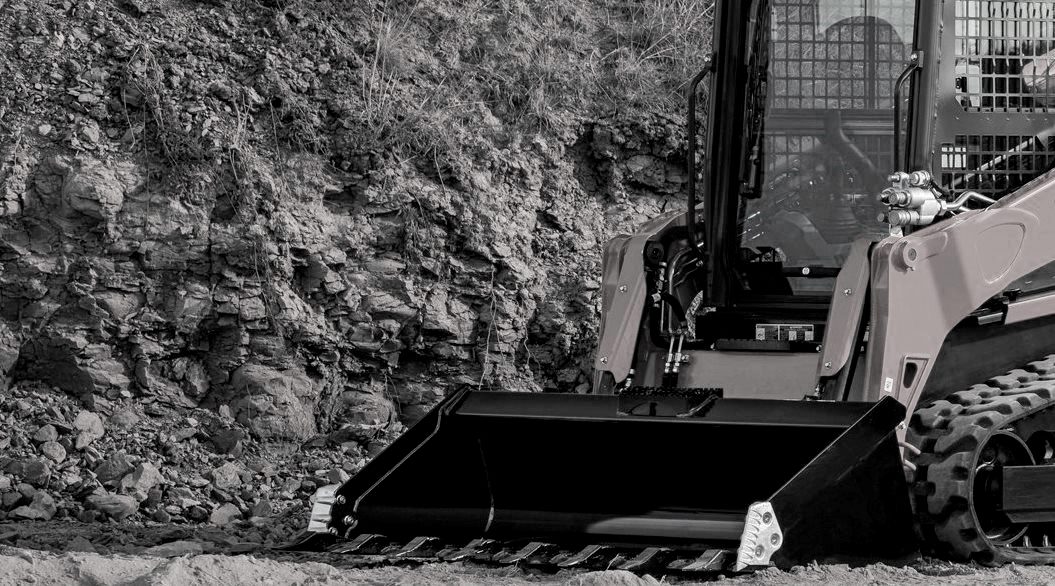
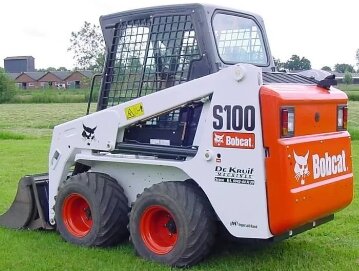 S100
S100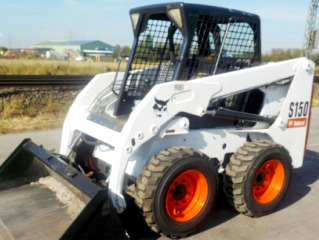 S150
S150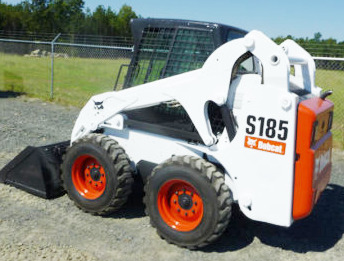 S185
S185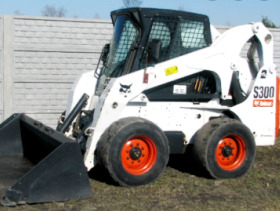 S300
S300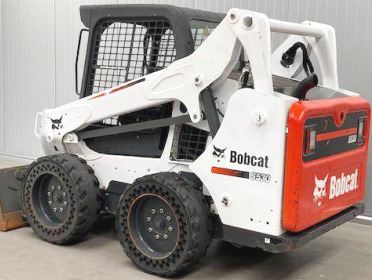 S530
S530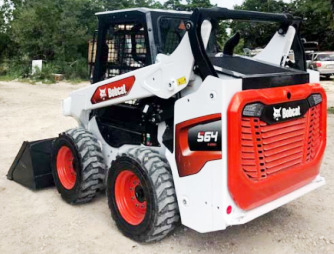 S64
S64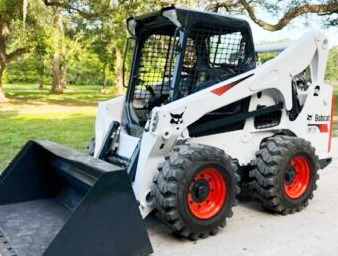 S740
S740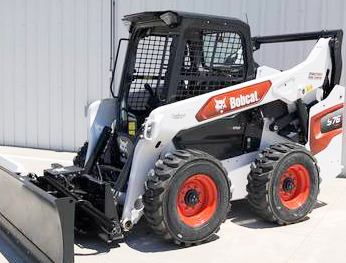 S76
S76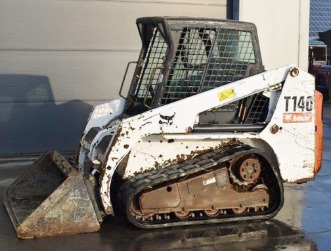 T140
T140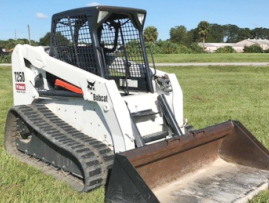 T250
T250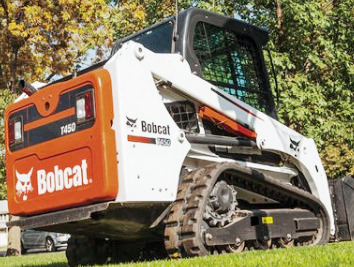 T450
T450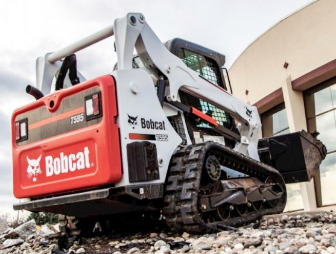 T595
T595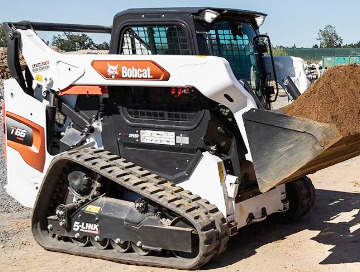 T66
T66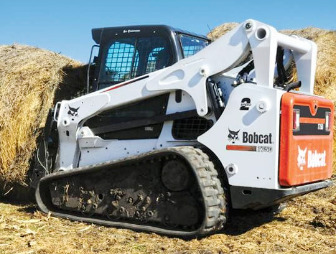 T750
T750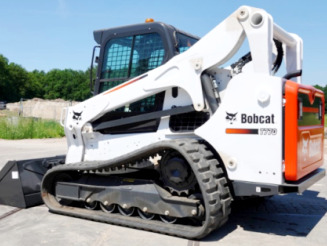 T770
T770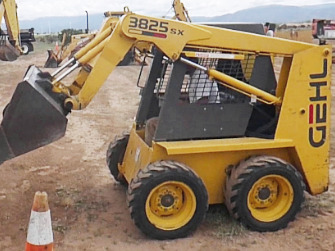 3825SX
3825SX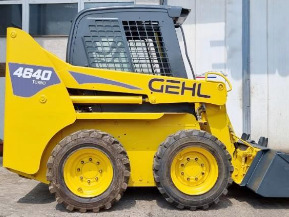 4640
4640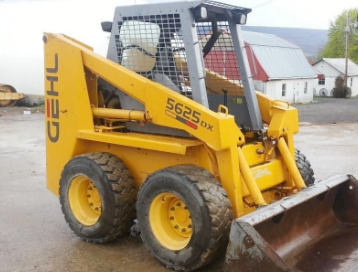 5625DX
5625DX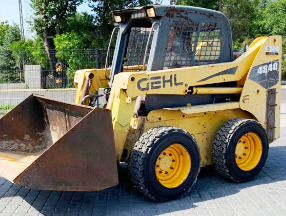 4840E
4840E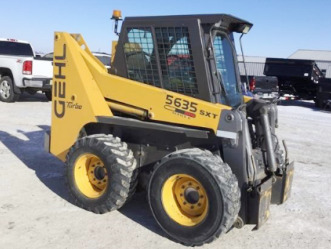 5635SXT
5635SXT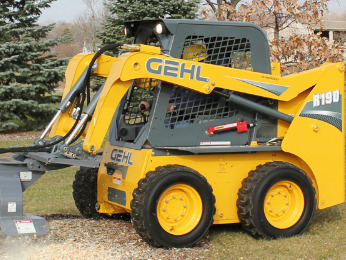 R190
R190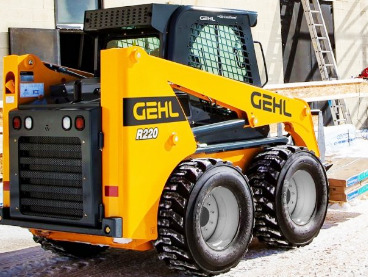 R220
R220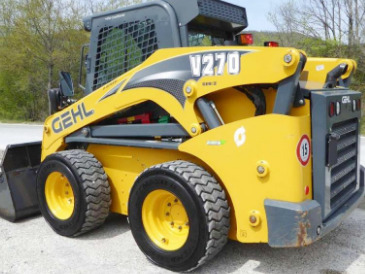 V270
V270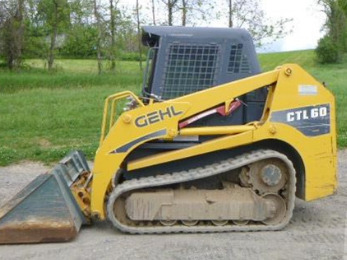 CTL60
CTL60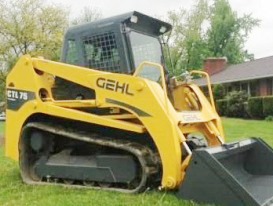 CTL75
CTL75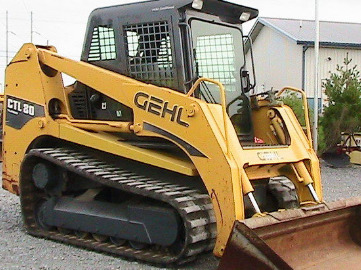 CTL80
CTL80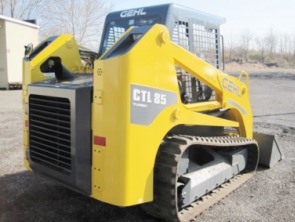 CTL85
CTL85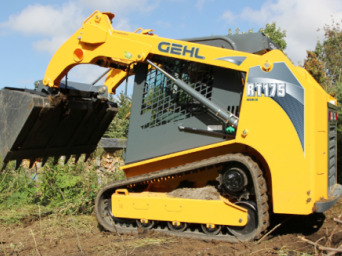 RT175
RT175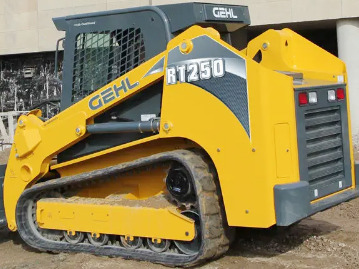 RT251
RT251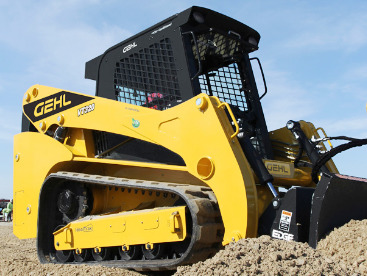 VT320
VT320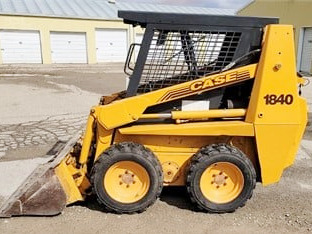 1840
1840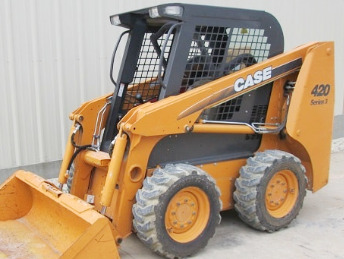 420
420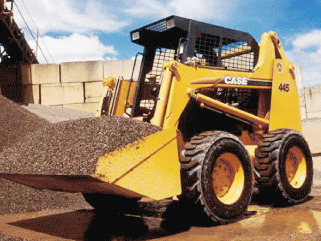 445
445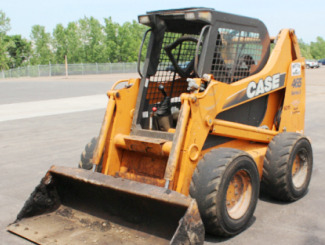 465
465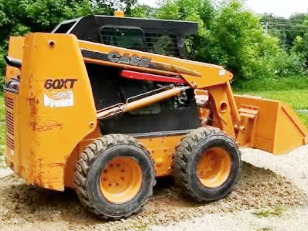 60XT
60XT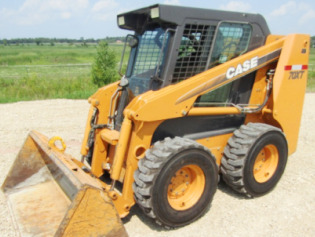 70XT
70XT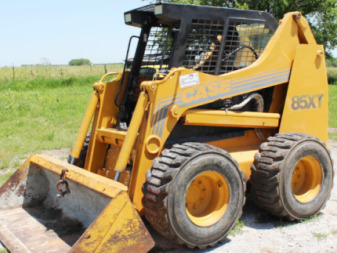 85XT
85XT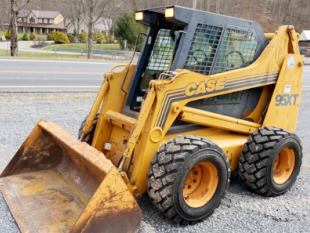 95XT
95XT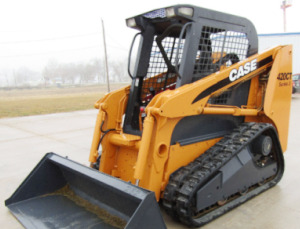 420CT
420CT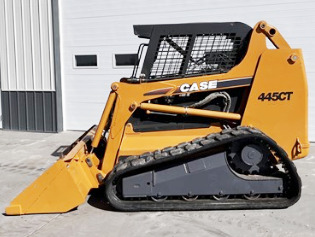 445CT
445CT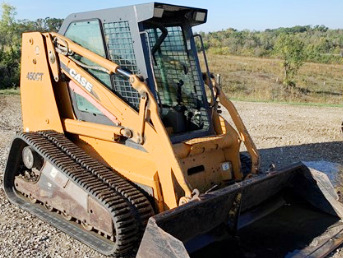 450CT
450CT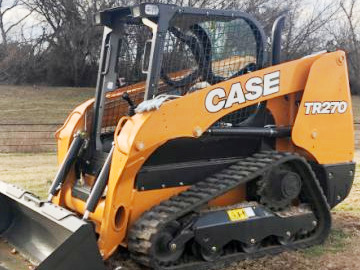 TR270
TR270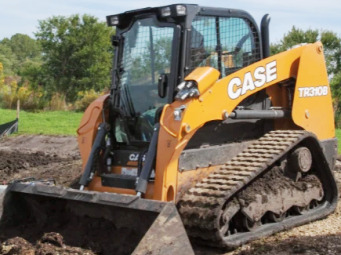 TR310B
TR310B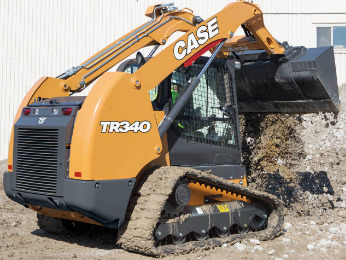 TR340
TR340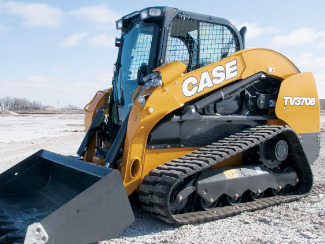 TV370B
TV370B